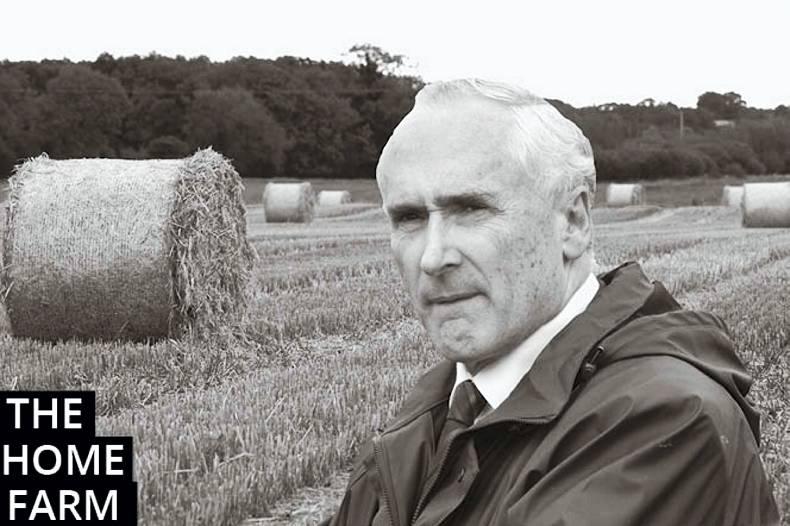So, what sets the income aspirations for tomorrow’s farmers? Last week, Teagasc and the RDS held a conference – more really a think-in on farm succession.
This is a perennial issue, but the fundamentals around it have changed. Everybody acknowledges that there are fewer young farmers. The number has declined sharply over the last 20 years to the stage where there are now, as the Department has pointed out, more farmers over 80 than under 35. I have not seen any breakdown of these statistics, but I suspect that the main destination for most young farmers is dairying. However, as there are only about 16,000 dairy farmers, this leaves another 100,000 farmers wondering where the successor is. This present government has introduced, with IFA backing, an ambitious and attractive land leasing scheme, but existing alongside this is a mix of institutional arrangements such as the Basic Payment Scheme and the old-age pension that visibly acts as an incentive to older farmers to hold on to their land.
Macra has set up a special land mobility unit with help from FBD and three of the main co-ops but, interestingly, it seems there is more interest from elderly farmers looking to participate in some form of partnership arrangement than there are potential young farmers able and willing to take on a career in serious farming.
While it is early days yet, it seems clear that the option of part-time farming while fitting the farm in around the family is, outside the highly specialised units, becoming the norm.
But there are other factors at work. The gathering rightly zoned in on the difficulty of the vast majority of farms generating enough income for two households while, out in the rest of the economy, the pull of Dublin and to some extent Cork and Galway is significant for well-educated young people.
I remember some years ago visiting a Dutch farm for which the successor had been chosen at 13 or 14. His entire education, from that age, would channel him into farming. Here we leave the options of pursuing other careers open for much longer.
Whether this is right or wrong, people will have their own views on. But it is certainly a different approach.
Farm succession – whether it is in terms of transferring management control or actual ownership – is different for most families. It has been complicated by the incentives in place, which favour doing nothing. This is in the process of changing as the Government moves to realise the potential of Irish land to produce more food for export and earnings in rural areas. But the policy is going to need continuous development if the present trend towards ever-older farmers is to be reversed.
I also had the pleasure of attending a ceremony hosted by the French government to award a special decoration to Tom Moran, the just-retired secretary general of the Department of Agriculture. There was a great deal of substance to the occasion, including a history delivered by the French director general of the ministry of agriculture on the origins of the award in the 1870s and how the period coincided with a major strengthening of French agriculture, including the foundation of Credit Agricole, now one of the world’s leading credit institutions.






 This is a subscriber-only article
This is a subscriber-only article





SHARING OPTIONS: